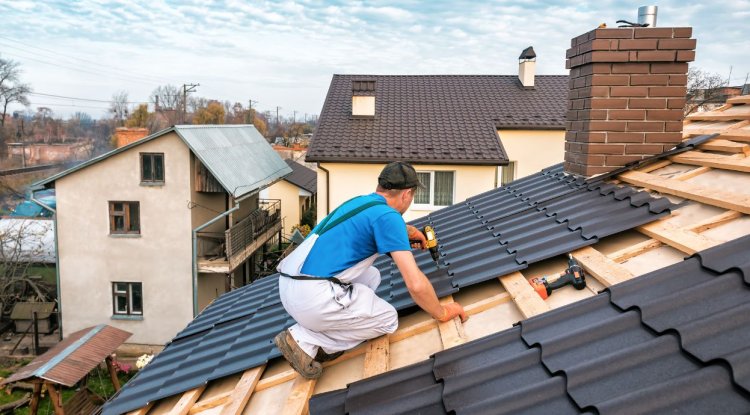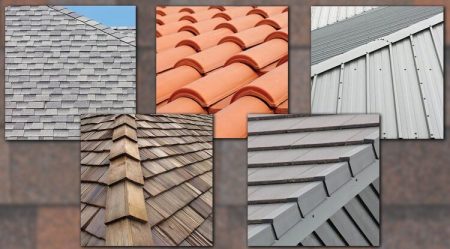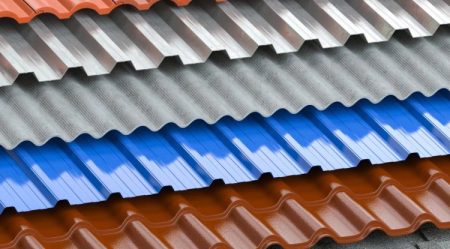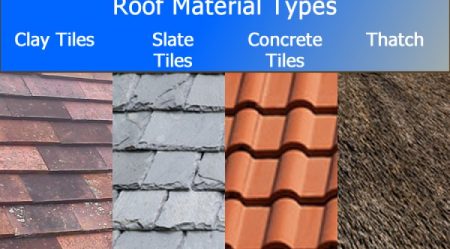Understanding Roof Covering Warranties
Contents
Understanding Roof Covering Warranties
When it comes to protecting your home, one of the most critical components is the roof. And when you’re investing in a new roof, it’s essential to understand the warranty that comes with it. A roofing warranty provides peace of mind for homeowners and protects against issues that may arise due to manufacturer defects or poor installation. In this article, we’ll explore everything you need to know about understanding roof covering warranties.
What is a Roofing Warranty?
A roofing warranty is a guarantee that the roofing material and installation will last for a certain period. The warranty covers any defects in the materials used or installation process during the specified period. Typically, a roofing warranty lasts anywhere from 5 to 50 years, depending on the type of roof and the manufacturer.
Types of Roofing Warranties
There are two main types of roofing warranties: manufacturer warranties and workmanship warranties.
Manufacturer Warranties
A manufacturer warranty covers defects in the materials used in the roofing system. These warranties can range from 10 to 50 years and typically cover defects such as cracking, peeling, and blistering.
Workmanship Warranties
A workmanship warranty covers any issues related to the installation of the roofing system. This type of warranty usually lasts between 2 and 10 years and covers problems like leaks due to improper installation.
What Does a Roofing Warranty Cover?
Roofing warranties vary depending on the manufacturer or contractor. However, most warranties cover defects in the roofing materials or installation process. Some warranties also offer coverage for consequential damage caused by the roofing issue, such as water damage to your home’s interior.
What Isn’t Covered by a Roofing Warranty?
While roofing warranties provide valuable protection, they do not cover all issues that may arise. Most warranties do not cover damage caused by natural disasters like hurricanes or tornadoes. Additionally, most warranties do not cover damage caused by improper maintenance or repairs made by someone other than the original installer.
How to Make a Claim
If you notice an issue with your roof, it’s essential to take action quickly. Most warranties require you to file a claim within a specific period, usually between 30 and 90 days after noticing the problem. To make a warranty claim, contact the manufacturer or contractor who installed your roof and provide evidence of the issue.
Conclusion
A roofing warranty is an important investment for any homeowner. It provides protection against defects in materials or installation and can offer peace of mind knowing that your home is secure. When investing in a new roof, make sure to thoroughly research the warranty options available and choose the one that best fits your needs.
FAQs
- What is the difference between a manufacturer warranty and a workmanship warranty?
- How long do roofing warranties typically last?
- What isn’t covered by a roofing warranty?
- Can I make a warranty claim if I notice an issue with my roof?
- What should I do if I notice a problem with my roof outside of the warranty period?





